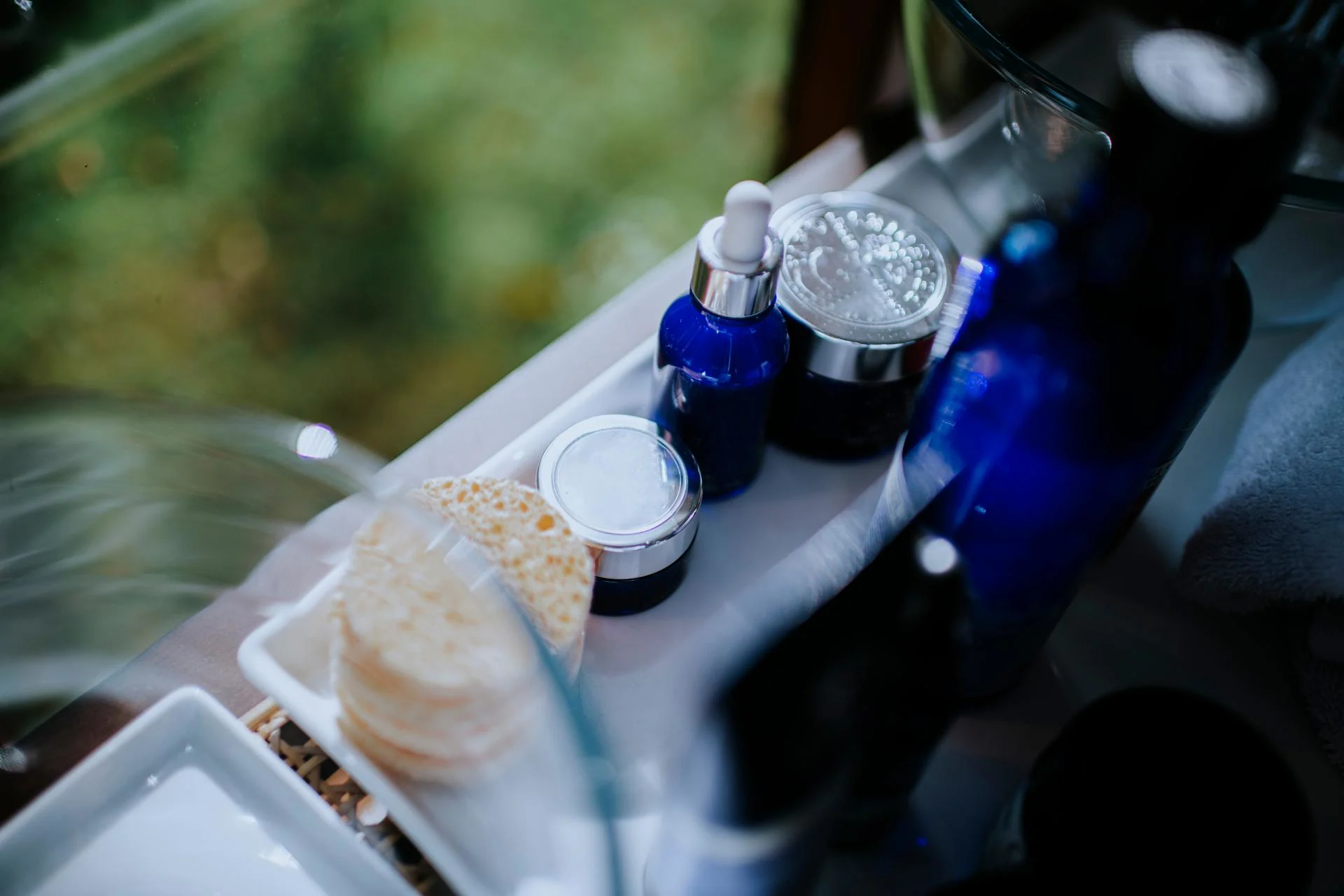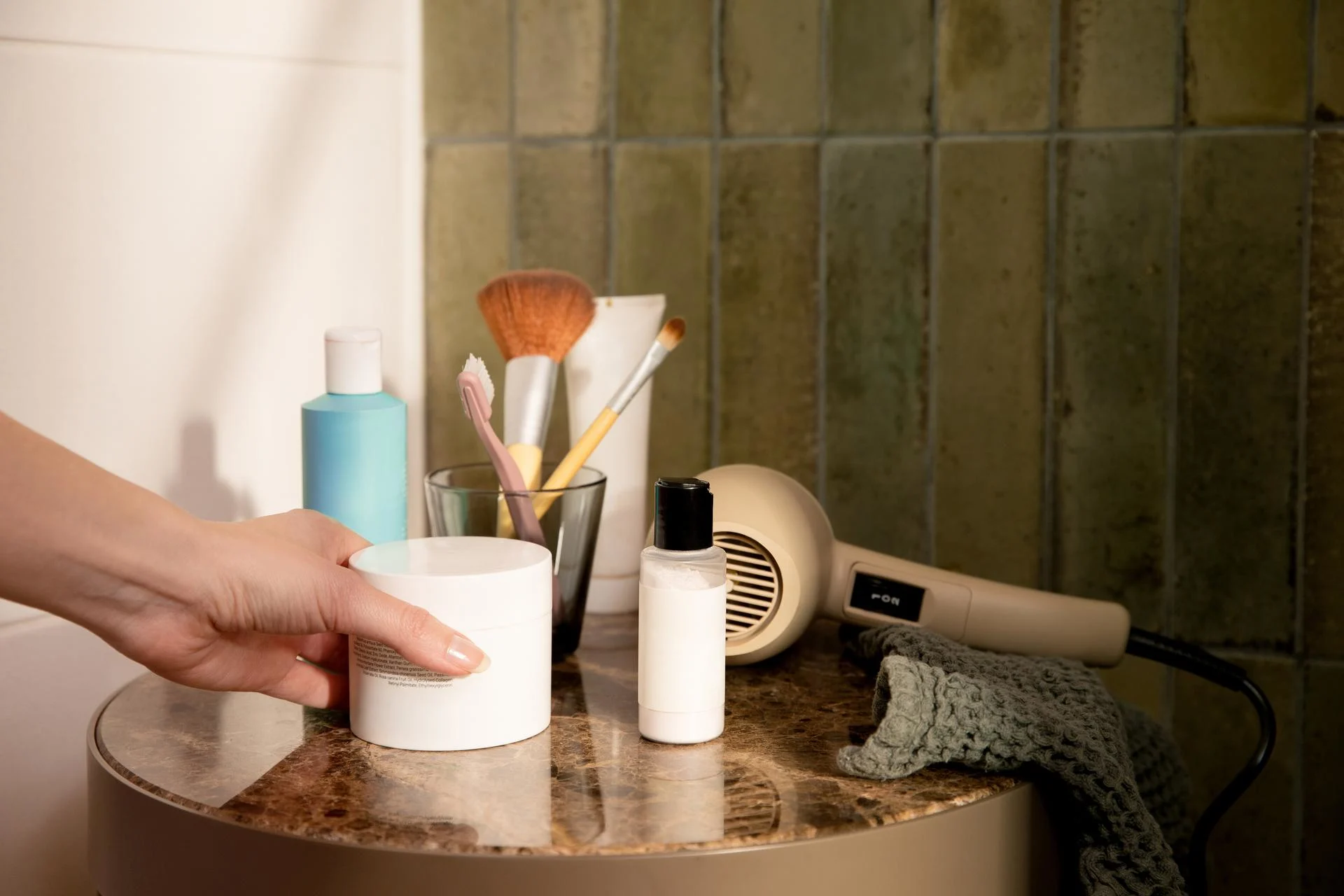
Plastics
3 minute read
KOSÉ and Neste brought bio-based materials into cosmetics packaging
Japanese cosmetics and personal care giant KOSÉ is embarking on a journey towards sustainability, announcing the KOSÉ sustainability plan. One important pillar of it was to reduce the carbon footprint of the company’s products. Collaboration with Neste was chosen as one of the many wheels setting KOSÉ’s journey into motion.
Plastics play an important role in the beauty and personal care industry in the form of containers, tubes and packaging. With the lion’s share still being made from fossil resources, plastics offer strong potential for personal care companies to reduce their carbon footprint. When Japanese cosmetics and personal care company KOSÉ introduced its sustainability ambitions in 2020 – called “Creating Beauty in a Sustainable World” – more sustainable plastics quickly made it to their agenda.
“The plan summarizes our sustainability initiatives and goals up to 2030,” explains Seiji Kawano, Corporate Strategy Dept. Sustainability Strategy Office / General Manager at KOSÉ. “One of them is reducing the environmental impact of our business. This includes working on reducing the environmental impact of the plastic containers we use.”
Looking for possibilities to reduce the carbon footprint of their plastic containers, the KOSÉ team came into touch with Neste: Neste’s renewable feedstock, Neste RETM, is made from bio-based materials and can be used to replace fossil resources in the manufacturing of plastics. While the quality, performance and durability of the plastics – and hence the containers – remain unchanged, the carbon footprint of those made with renewable materials is lower than the footprint of those made from fossil resources. The possibility of maintaining the high quality and performance of the plastics with improved sustainability convinced the KOSÉ team to take a further step.

Beauty becomes sustainable and sustainability is beautiful
SEKKISEI CLEAR WELLNESS Overnight Cream is a skin care product from KOSÉ. An elegant container not only makes it an eye-catcher, it also preserves characteristics of the cream. The inner part of the container is made of polypropylene (PP), a common plastic type used in various applications. Leveraging the collaboration with Neste and with the help of supply chain partners Itochu Plastics, SK Geo Centric and Yoshida Cosmeworks, KOSÉ made this inner part of the container the first application in the Japanese cosmetics industry to be made with renewable materials applying a mass balancing approach: the amount of renewable materials used at the beginning of the value chain is allocated to a respective amount of the containers.

“The SEKKISEI pilot serves as a blueprint for us,” explains Seiji Kawano. “It contributes to reducing the GHG emissions over the life cycle of the product without compromising on quality or performance. The mass balance approach allows us to start with smaller amounts of renewable content that we can then gradually ramp-up. And that’s exactly what we have in mind: In the future, we plan to expand the use of renewable materials to other products and brands.”
Close collaboration to achieve joint targets
Even if there is no direct business relationship between Neste and KOSÉ, the direct exchanges and discussions between both companies support the KOSÉ sustainability plan: While KOSÉ represents the end of the value chain, Neste represents the very beginning. While KOSÉ defines the sustainability needs and targets, Neste defines what’s possible by providing the renewable raw materials that enter the value chain. The direct collaboration thereby allows for coordinated matching of needs and possibilities right from the very beginning of the project.
“It’s crucial for us to understand what exactly is required from the brands,” explains Maria Carcolé, Head of Brand Owner Management at Neste Renewable Polymers and Chemicals. “The earlier we do that, the better we can build and support the entire supply chain – and we can also help companies like KOSÉ get a good understanding of what’s doable and what’s not.”
The SEKKISEI case – it may have been a first, it will for sure not be a last.